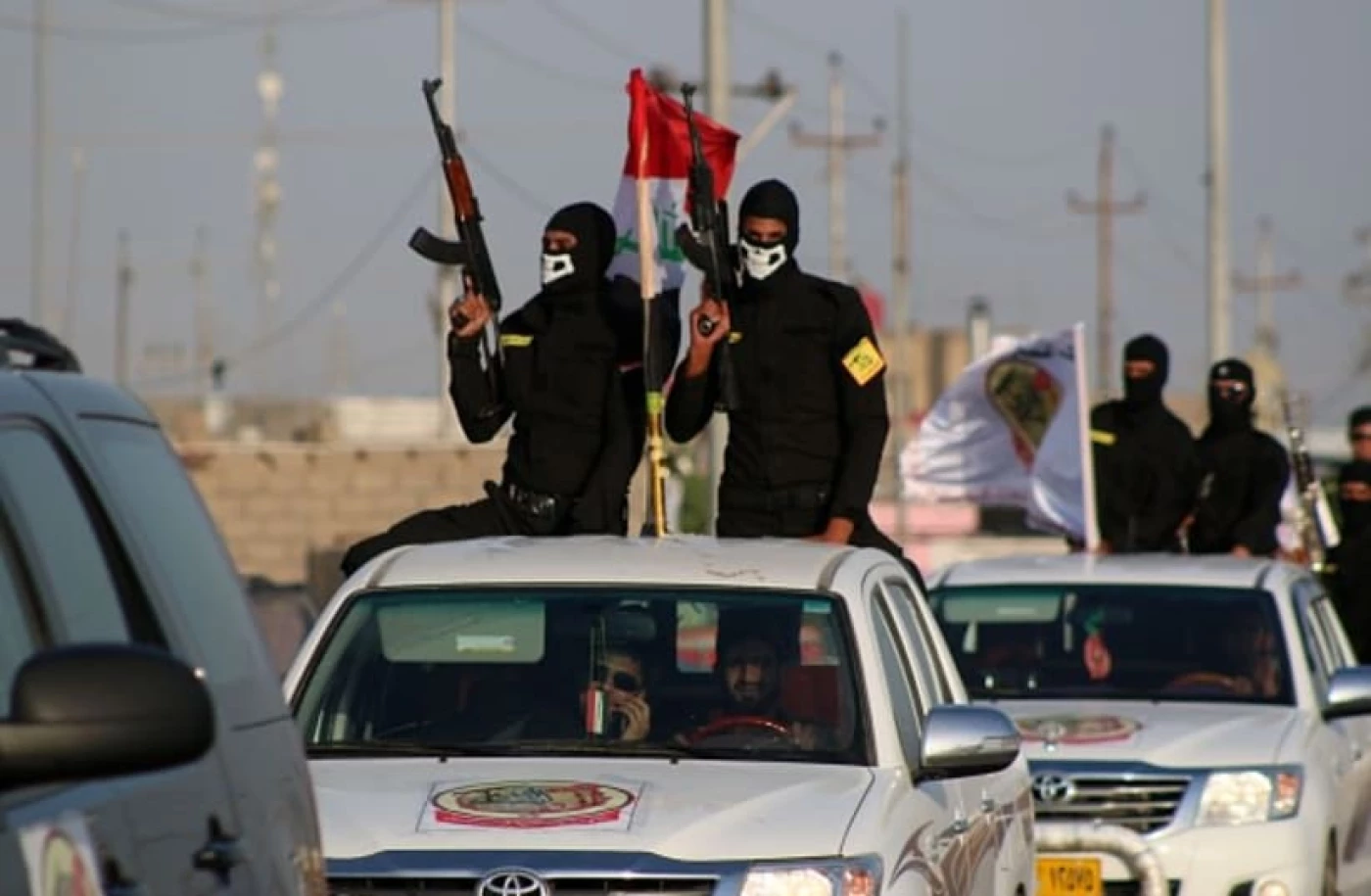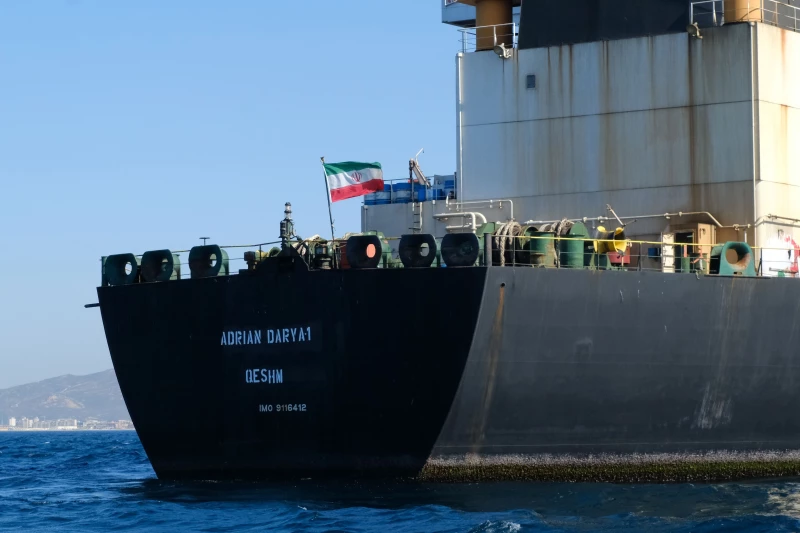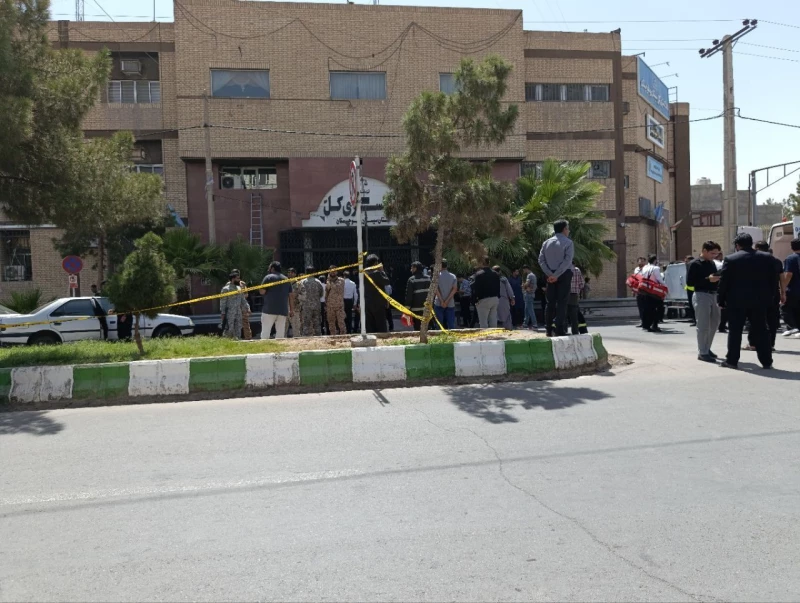DUBAI, UAE - The Ansar Allah al-Awfiya movement, a Shiite paramilitary group in Iraq, announced on Tuesday that Iraqi factions would not join Iran in an anticipated response against Israel’s recent attack on the neighboring country.
“Iran does not need Iraqi factions to take part in its response against Israel,” Ali al-Fatlawi, a leader in the movement, told The New Region on Tuesday. “Iran possesses significant and advanced military capabilities, particularly in missile and drone technology, and is fully capable of striking vital targets deep within Tel Aviv.”
Fatlawi, however, noted that Iraqi factions would continue their operations against Israel, including daily strikes targeting Israeli-occupied areas, saying their actions were only meant to support Gaza and Lebanon.
“Iraqi factions are ready and prepared for any situation that may require supporting Iran,” he added, explaining that there is coordination among all forces within the region's Axis of Resistance.
The Wall Street Journal recently reported on an Iranian plan that would involve the use of Iraqi territory to launch a more aggressive response against Israel with stronger weaponry.
In late October, Israel launched direct military strikes on military sites in Tehran, Ilam, and Khuzestan, allegedly using Iraqi territory to conduct the attacks, prompting an official protest from the Iraqi government.
The Iraqi government lodged an official protest with the United Nations last week over Israel’s use of Iraqi airspace to conduct airstrikes on Iran, calling it a “flagrant violation” of Iraq’s sovereignty.
Although the statement did not directly accuse the US of involvement, Prime Minister Mohammed Shia' al-Sudani directed the foreign ministry to raise the issue with US officials under the terms of the Strategic Framework Agreement, citing the US’s commitment to Iraq’s security and sovereignty.
The Iraqi government affirmed it would not allow its territory to be used for attacks on neighboring countries, stressing support for diplomatic solutions to regional conflicts.
Speaking at a forum in Erbil on Wednesday, Kurdistan Region Prime Minister Masrour Barzani stated that they do not want Iraq and the Kurdistan Region to become involved in regional conflicts.
"We don't think Iraq and its people deserve to be involved in a war that does not serve their interests… I think the people of Iraq, with all its components, are tired of continuous cycles of war” said the Kurdish premier at the event.
Shiite leaders and groups have blamed the US for allegedly permitting Israel’s access to Iraqi airspace. Kata'ib Hezbollah, a prominent Shiite paramilitary faction within the Popular Mobilization Forces (PMF), condemned the incident as a “dangerous precedent,” warning that Iraq could become Israel’s next target if such actions go unchallenged.
The Islamic Resistance in Iraq, an umbrella group of Iran-backed Iraqi militias, has carried out hundreds of strikes against Israeli and American interests in Iraq, Syria, Jordan, and Israel for nearly a year in protest of the war on Gaza.
The group has intensified its attacks on Israeli territories in recent weeks following the killing of several “Axis of Resistance” leaders and the Israeli military’s ongoing attacks on Lebanon.
Israeli media have recently reported that the military is considering a response to the militias in Iraq.
Despite voicing strong support for Iran and resistance groups in the region and repeated condemnation of Israel’s actions, Iraqi PM Sudani in October said that “the decision of war and peace” was in the hands of the government, warning “anyone who deviates from that will face the state,” likely referring to the armed groups.


 Facebook
Facebook
 LinkedIn
LinkedIn
 Telegram
Telegram
 X
X



